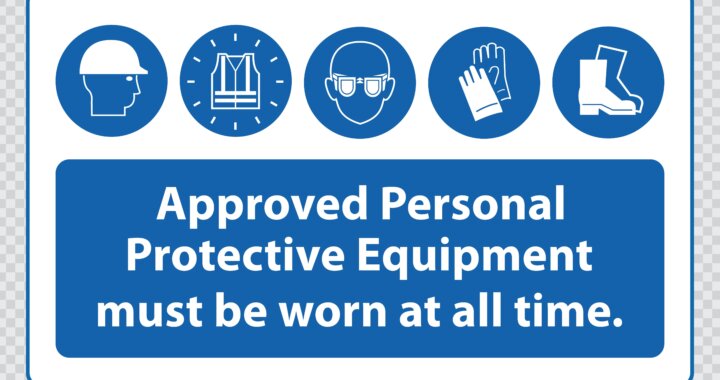HMRC introduced a new VAT Domestic Reverse Charge that applies to all construction services from 1 March 2021. The important VAT Domestic Reverse Charge rules do not have an entry threshold and have had a significant impact on the administrative burdens of affected businesses marking a complete change in how UK VAT has to be dealt with in chains of construction supplies.
There is guidance available on HMRC’s website (click here) which should be of interest to sub-contractors and contractors carrying out supplies reported through the Construction Industry Scheme.
The new reverse charge means that –
- Each business customer in any supply, or chain of supplies, of construction services will have to charge itself VAT on the cost of bought-in qualifying services and reclaim the same amount as input VAT (subject to normal rules and restrictions).
- The supplier will only invoice and be paid the net value of the supply.
- The business customer will pay the net value to the supplier and pay the VAT element direct to HMRC via box 1 of its VAT return.
- The final customer (either non-business or a private individual) will be charged VAT by the supplier in the normal way.
The new rules apply to a very wide definition of ‘construction services’ aligning with the CIS scheme and therefore including alteration, repair, extension, demolition or dismantling of buildings or structures and infrastructure such as roads, railways and waterways. The reverse charge also applies to painting and decorating but not to professional services such as architects, surveyors and building, engineering, decoration or landscaping consultants.
The driving force behind the new rules was fraud prevention. By the customer accounting for VAT on the supply, fraudsters cannot charge, collect and retain amounts of VAT that they should pay over to HMRC. The regime was intended to remove the tax losses being suffered on construction services via missing trader or Phoenix frauds which the Government estimated would save an average of £100m a year. Other successful reverse charge provisions already apply to gold, mobile telephones, computer chips and emissions allowances countering frauds across the EU thought to have cost governments £billions.
While everyone has to pay their taxes and fraud should not be tolerated, this latest reverse charge has created significant new accounting burdens for affected businesses. It remains to be seen how the tribunals will handle any appeals that result from HMRC being unhappy with how the DRC is handled case by case.
If you’re ever not sure about VAT related then please give us a call. Remember sooner is always better.

